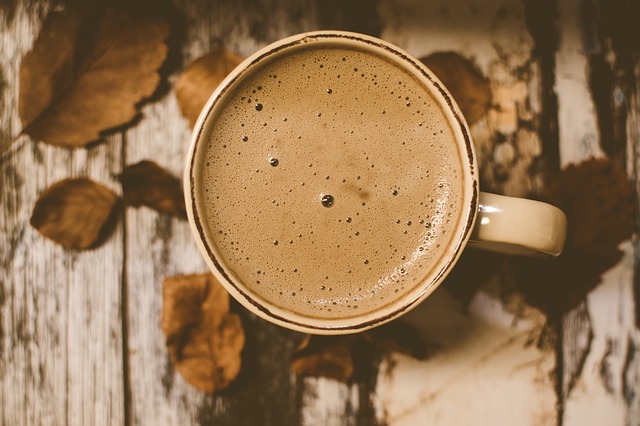The Food and Drug Administration claims that as many as eighty percent of adults in the U.S. consume caffeine in some form every day. Many of us cope with not getting enough sleep and busy schedules through copious amounts of caffeine.
Or maybe you simply enjoy the taste and comfort of a hot cup of coffee or tea in the morning. Whatever your reason for caffeine consumption, whether you have a caffeine habit, everyone should be aware of the various pros and cons of regularly partaking in caffeinated beverages.
Brain Function & Mental Effects
As a stimulant for the central nervous system, caffeine is highly effective in increasing alertness in the brain, making it a common tool for people suffering from a bad night’s sleep.
But this also makes caffeine effective for treating headaches, migraines and drowsiness. More tips for fighting chronic fatigue can be found on the Global Healing Exchange blog and YouTube channel.
Consumption of high-octane caffeine drinks can have positive effects on the function of the brain, including a lowered risk of Alzheimer’s and Dementia, as well as lowering the risk of suicide by as much as forty-five percent.
Drinking caffeinated coffee is linked to a decrease in depression for adults, but an increased risk of depression for children in fifth and tenth grade. This does not apply to other caffeinated drinks, however.
But just like most things, too much of a good thing can cause side effects. Too much caffeine, followed by a sudden lack can lead to caffeine withdrawal symptoms, including headaches, irritability, anxiety and drowsiness.
Physical Effects
Like many things in life, consuming regular coffee drinks and other caffeinated items, including tea and cocoa, can have both positive and negative effects on the physical body.
Despite the many claims that caffeine is dehydrating to the body, an analysis of urine output found that those who drank caffeinated tea were equally as hydrated as those who drank only water.
Beyond hydration, consuming caffeinated beverages is thought to prevent the onset of Parkinson’s disease, and drinking two cups of coffee per day can help limit symptoms in people already diagnosed.
However, coffee might also impair artery function, and increase the risk of glaucoma, dry eye disease, and heartburn. Caffeine can also cause a temporary increase in blood pressure, which should have no long term effect on the average person.
However, those with irregular heart rhythm or hypertension should ask a doctor whether caffeine is safe for them to consume.
Caffeine & Exercise
Because caffeine reaches cells all throughout the body, it affects many different areas and functions. The effects of caffeine extend to exercise endurance, so much so that certain sports organizations have begun to ban athletes from taking high doses of it.
In a study of cyclists, caffeine was found to increase endurance by about 7.4 percent, more than either water or carbs. Athletes who drank regular coffee in particular ran about 4.2 seconds faster than their counterparts who only drank decaf.
And in addition to increasing endurance, caffeine may decrease how difficult a particular event feels, allowing the athlete to work harder than they otherwise could.
However, the positive effects of caffeine on high intensity exercise seem to occur only with high level athletes. The same improvements in performance are not found in recreational or beginner level athletes who drink caffeine.
The benefits of caffeine are also more effective when it is used solely as a supplement, instead of as part of an everyday routine.
How To Make Caffeine Work for You
The general consensus is that 400 milligrams of caffeine is the most an adult should consume in a day. Although caffeine content varies from drink to drink, this tends to be about four cups of coffee, ten cans of soda, or two energy drinks.
Consuming more than this amount of caffeine will likely lead to side effects, such as insomnia, migraines, irritability, upset stomach and increased heartbeat.
If used incorrectly, caffeine can have unfortunate effects on amount and quality of sleep, so to help both limit caffeine consumption and sustain an uninterrupted sleep schedule, avoid having too much coffee in the afternoon, and definitely none before bed time.






